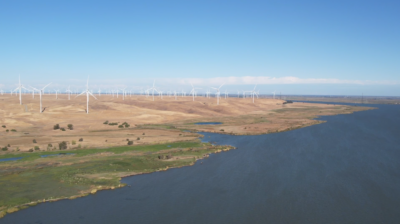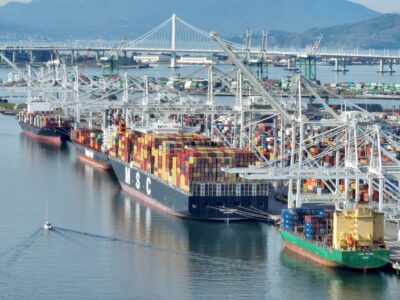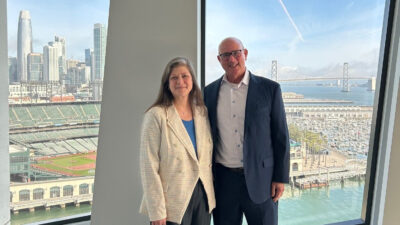Bay Area Council Poll: Housing, Traffic Reach Crisis Stage
As home prices in the Bay Area soar to heights not seen since before the Great Recession, 79 percent of residents in the 2014 Bay Area Council Poll say the region is in the grip of a housing cost crisis. And 71 percent say the region’s traffic congestion has reached crisis stage.
For complete results, visit 2014 Bay Area Council Poll.
Concerns about the region’s snarled traffic, which regularly places high on national congestion rankings, could get even worse as partisan squabbling threatens to derail an agreement this year on whether and how to salvage the near-bankrupt federal Highway Trust Fund. The Bay Area receives about $900 million annually in federal transportation funding that could be in peril.
“Costly and time-consuming regulation is one of the biggest culprits in artificially stunting the region’s housing production,” said Jim Wunderman, President and CEO of the Bay Area Council. “We’re considering asking Governor Brown on an emergency basis to look at streamlining or eliminating certain California Environmental Quality Act (CEQA) rules that discourage infill and other urban housing solutions that can help alleviate this crisis. Unless we can make measurable progress in building more housing, we will continue to see residents priced out and forced out of this region, and we will quickly see our economic growth come to a grinding halt.”
But while residents agree something needs to be done about the cost of housing, support softens for the one thing that can help bring down costs: Building more housing. The poll does find that a small majority of 52 percent of residents believe the region has failed to build sufficient housing to support healthy economic growth, but among a long list of issues that residents feel government leaders should be focused on, building more housing comes in dead last.
Residents do seem to appreciate – at least theoretically — the importance of infill housing, with 64 percent saying new housing should be built in existing cities and not farmland and open space. But residents aren’t as sure that new housing should be built near them, with 55 percent supporting new housing in their neighborhood and a smaller 47 percent supporting new housing development when they know it will increase population density in their city.
“When it comes to finding solutions to our housing problem, it’s hard to tell whether we need a home builder, a psychologist or a magic wand,” Wunderman said. “There is a fundamental disconnect among the region’s highly educated residents about the relationship between supply, demand and price. The Bay Area is the fastest growing region in the state and unless we come to terms with that and the need for more housing, we are going to pull the rug out from under our economy.”
Residents do prioritize approaches that would make housing more affordable, with 61 percent supporting reducing fees and regulations on new housing if it results in housing the lower and middle income residents can afford.
Views about the region’s traffic problems are similarly challenging to reconcile. In addition to the 71 percent that say the region is experiencing a traffic crisis and the almost 81 percent that say traffic is the same or worse as a year ago, 68 percent said they drive alone to work and never use transit. Meanwhile, 61 percent of residents want to improve public transportation.
The results also provide fascinating insights into these issues based on where residents live, their age and income.
Housing and transportation were among a number of key issues on which residents were surveyed in the Bay Area Council Poll, which was conducted by Oakland-based public opinion research firm EMC Research. More than 1,000 residents were surveyed in an online poll on issues related to economic growth, housing and transportation, early childhood education, energy and communications, and healthcare. The results are being released over several days beginning May 27.





